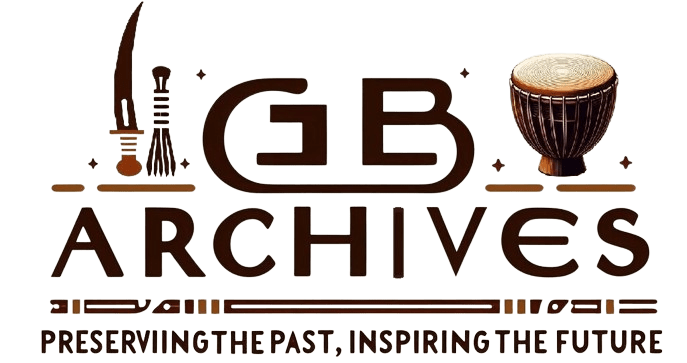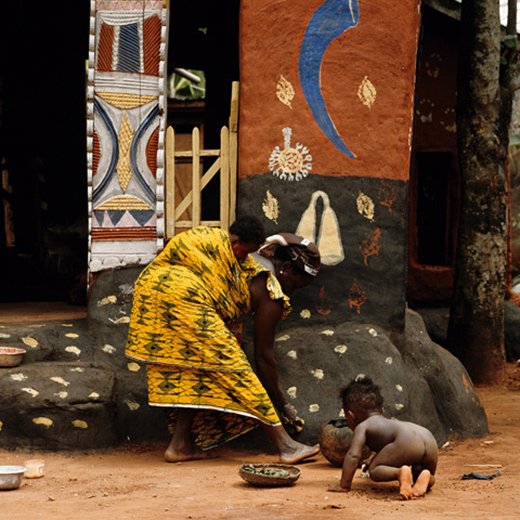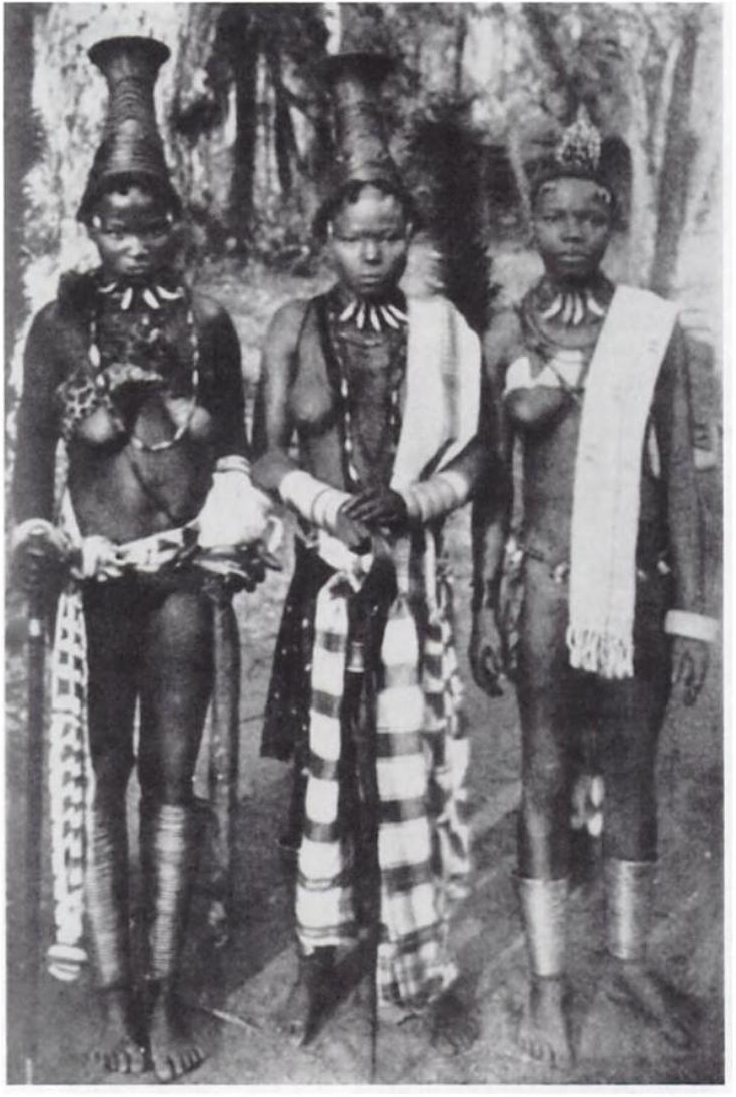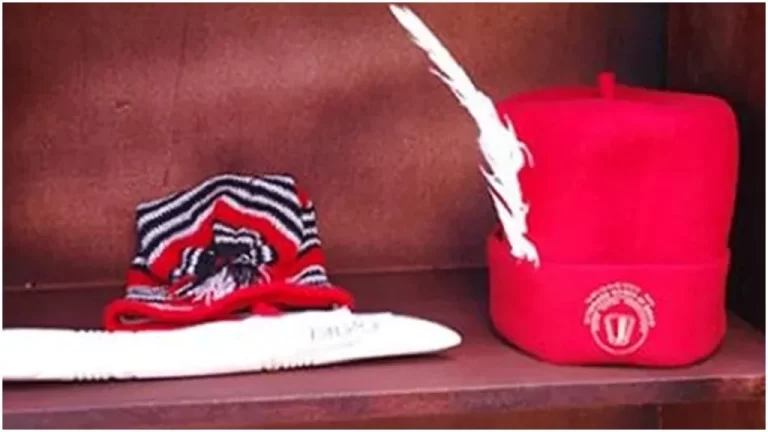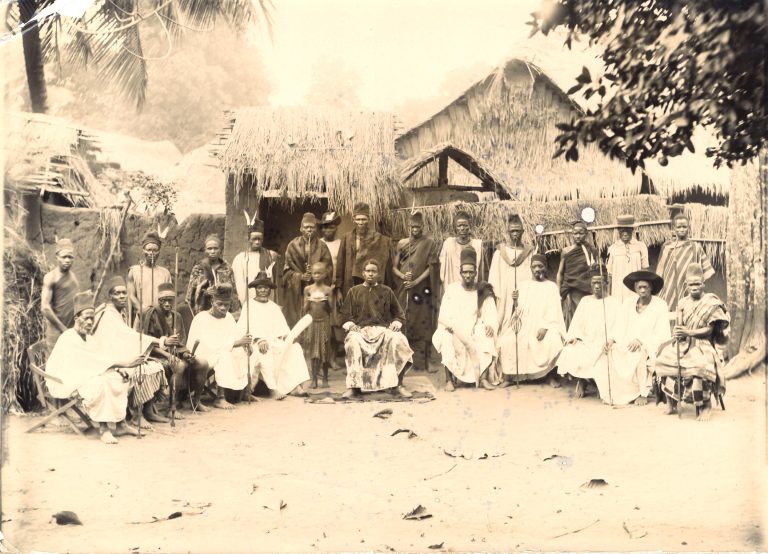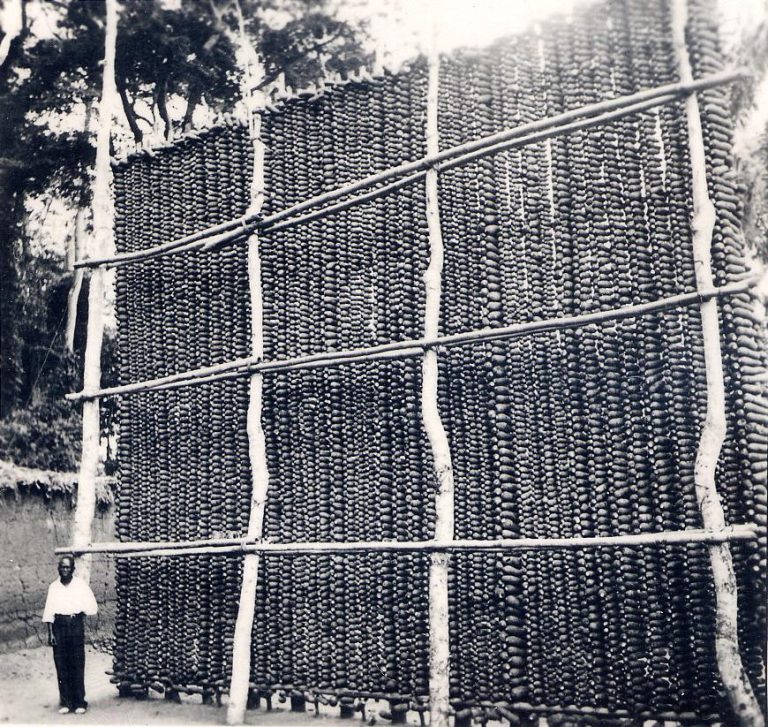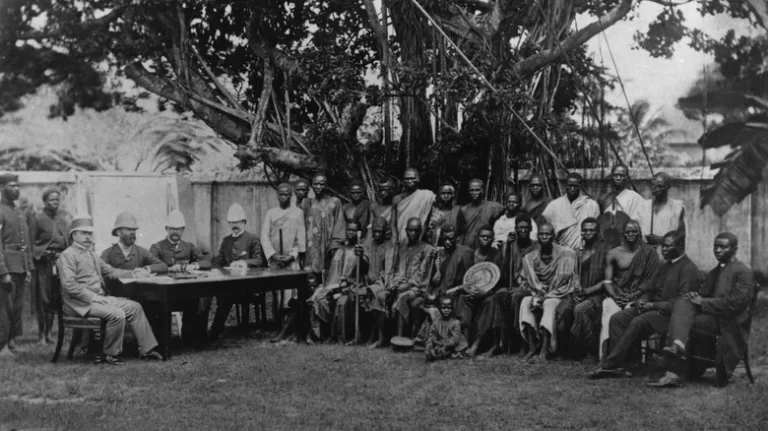Ala, also known as Ani, stands as the revered Earth Goddess in Igbo mythology. She embodies the earth’s fertility, morality, and creativity, playing a crucial role in Igbo cosmology. Her name, which translates to “land” in Igbo, signifies her deep connection to the earth and its bountiful fertility. As the giver of life and upholder of law, Ala ensures harmony and balance in Igbo society.
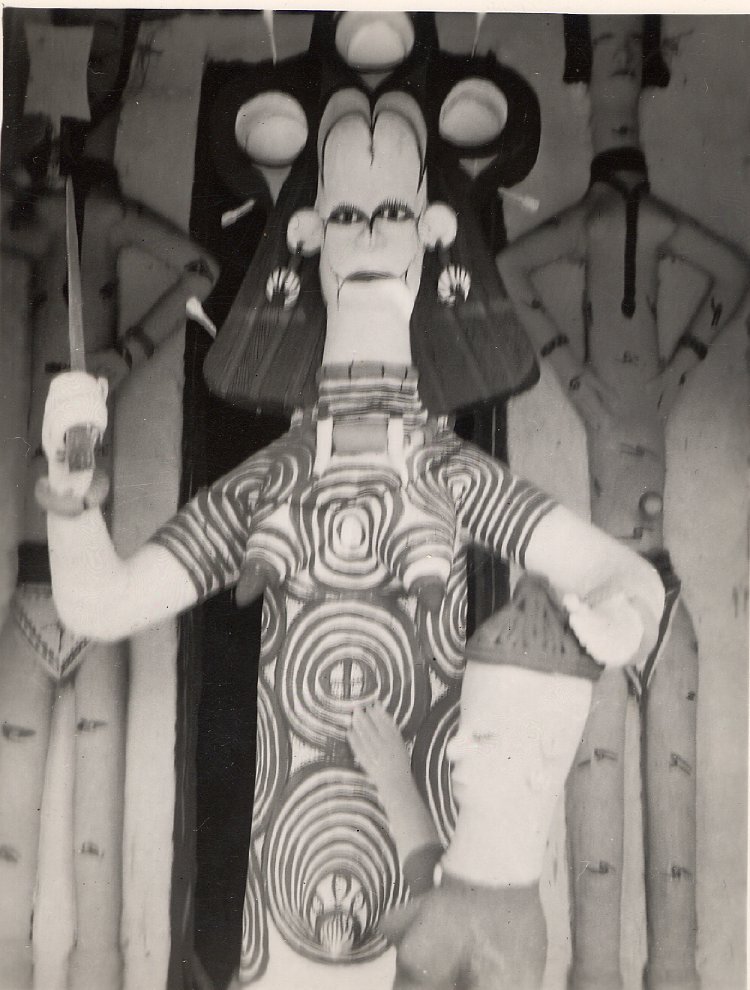
Historical and Mythological Background
Ala, also known as Ani, Ana, Ale, and Ali in various Igbo dialects, holds a central place in Igbo mythology. Her origins intertwine deeply with the creation myths of the Igbo people. According to these myths, Ala is not only the Earth Goddess but also the custodian of morality, fertility, and creativity. In Igbo creation stories, Ala nurtures her children and ensures the land’s fertility. One significant myth describes her role in creating the world alongside other deities. Her consort, Amadioha, the sky deity, complements her by overseeing the heavens while she governs the earth. These myths highlight Ala’s importance in Igbo cosmology and her enduring influence on the spiritual and cultural life of the Igbo people.
Attributes and Symbols
Ala appears in various forms of Igbo art and sculpture, with each representation highlighting her significance. She often appears as a queenly figure, sometimes seated on a throne, symbolizing her authority and maternal role. The python, representing fertility, protection, and the earth’s regenerative powers, frequently accompanies Ala in rituals and art.
Religious and Cultural Practices
Igbo religious and cultural practices deeply embed the worship of Ala. Traditional rituals and ceremonies dedicated to Ala honor her and seek her blessings for fertility, prosperity, and protection.
One significant aspect of Ala worship involves the construction of Mbari houses, sacred shrines built to honor her and other deities. These large, open-sided structures contain life-sized mud figures of Ala, painted in vibrant colors, alongside sculptures representing other deities, animals, and humans. For example, the sculpture of Ala in an Mbari house in Ebele, mentioned earlier in the post, depicts her holding a knife in her right hand and resting her left hand on the head of a smaller female figure, symbolizing her power and nurturing nature.
The New Yam Festival, known as Iri Ji, is an annual celebration that honors Ala by celebrating the harvest and giving thanks for the bountiful crops. During this festival, elaborate ceremonies and dances are performed, and yams are offered to Ala as a sign of gratitude.
Priests and priestesses, known as Ezeani, play a crucial role in conducting rituals, maintaining shrines, and ensuring adherence to Ala’s laws. The Ezeani of Neni, for example, is a prominent figure in Ala worship in Neni.
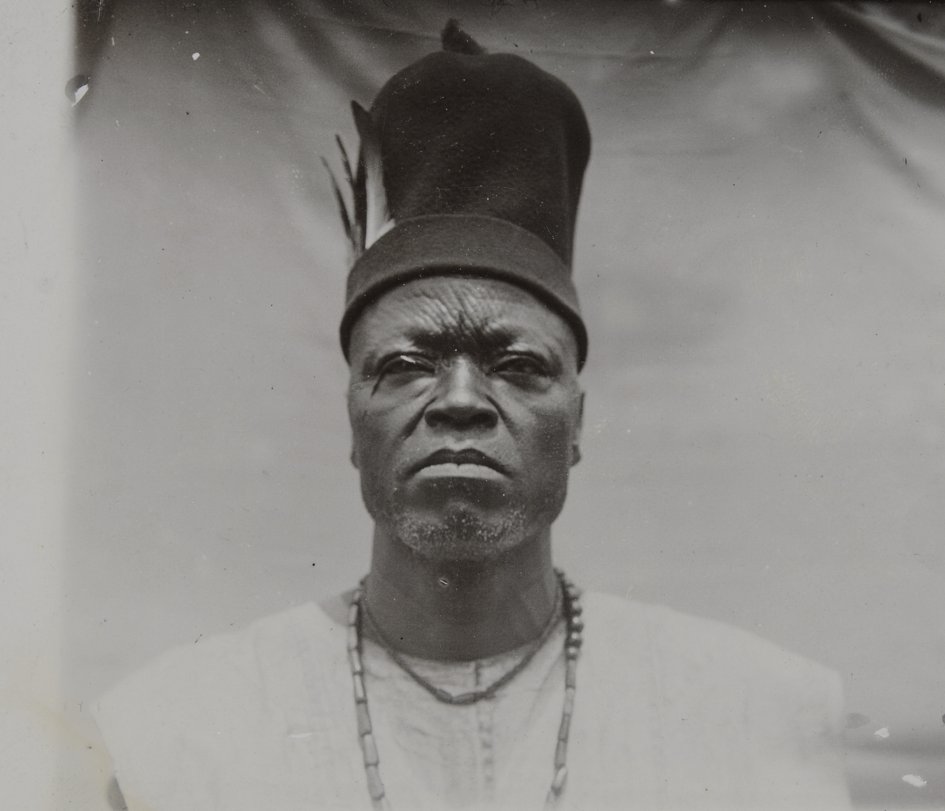
Chief Obudugbo, also known as Ezeani Obidigbo of Ugwudunu, was a significant figure in Neni, a Nigerian community. As one of the Ndị nwe Ànà, the guardians of Ani (Ala), he held a position of great spiritual significance.
Nsọ Ala
Nsọ Ala refers to the taboos and moral laws governed by Ala. These laws cover a wide range of behaviors, from agricultural practices to interpersonal relationships. Violating these taboos brings misfortune to the individual and community. Ala’s influence extends to legal systems, with disputes often resolved with reference to her laws. Rituals of atonement are performed to appease her when laws are broken, emphasizing her role as a mediator and enforcer of justice. Ala’s laws ensure ethical behavior and respect for the natural world, maintaining social order and harmony within the community.
Influence on Daily Life and Governance
Ala’s influence permeates various aspects of daily life and governance in Igbo society. Farmers perform rituals and offer sacrifices to Ala before planting and harvesting, seeking her blessings for a bountiful yield. Communities often resolve land disputes by referencing her laws, and they seek her approval in matters of land allocation and inheritance, maintaining social order and harmony. Ala is seen as the protector of women and children, with her blessings sought for fertility and the well-being of families. Community leaders often invoke Ala’s guidance in decision-making processes.
Artistic and Literary Representations
Ala is a prominent figure in Igbo art and literature. She is depicted in sculptures, masks, and Mbari houses as a regal figure, often with a small child in her arms, symbolizing her role as a nurturer and protector. Ala is a central character in stories that highlight her wisdom, justice, and nurturing nature. These tales preserve the cultural heritage and moral values of the Igbo people. Contemporary Igbo writers and artists draw on Ala’s symbolism and stories to explore themes of identity, morality, and the connection between humans and the earth, underscoring her enduring relevance.
Conclusion
Ala, the Earth Goddess, stands as a pivotal figure in Igbo mythology, embodying the land’s fertility, moral authority, and creative spirit. Her significant role in Igbo cosmology and culture is undeniable, influencing various aspects of life, from agriculture to social norms and artistic expressions.
References
- Ala (odinala) – Wikipedia
- Who is Ala the Igbo Earth Goddess? — Oma’s Garden
- Exploring Igbo Mythology Gods and Goddesses: Divine Tales from Nigeria
- Igbo Mythology Gods and Goddesses – Mythical Encyclopedia
- The Goddess Ala: Earth Mother of the Ibo Tribe – Articles Factory
- Igbo Mythology | Mythosphere
Explore Further
For more on this topic, explore Cole, Herbert M., and Chike C. Aniakor. Igbo Arts: Community and Cosmos. Los Angeles: Museum of Cultural History, University of California, 1984.
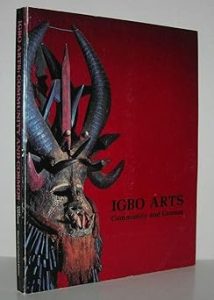 Recommended Books
Recommended BooksTitle: Igbo Arts: Community and CosmosAuthors: Herbert M. Cole, Chike G. AniakorForeword: Chinua AchebePublisher: Univ of California Museum of Cultural HistoryPublication Date: January 1, 1984Format: Paperback, 238 pagesISBN: 978-0930741013 Overview “Igbo Arts: Community and Cosmos” by Herbert M. Cole and Chike G. Aniakor is a comprehensive examination of Igbo art, culture, and community life. With […]
Discover more from Igbo Archives
Subscribe to get the latest posts sent to your email.

